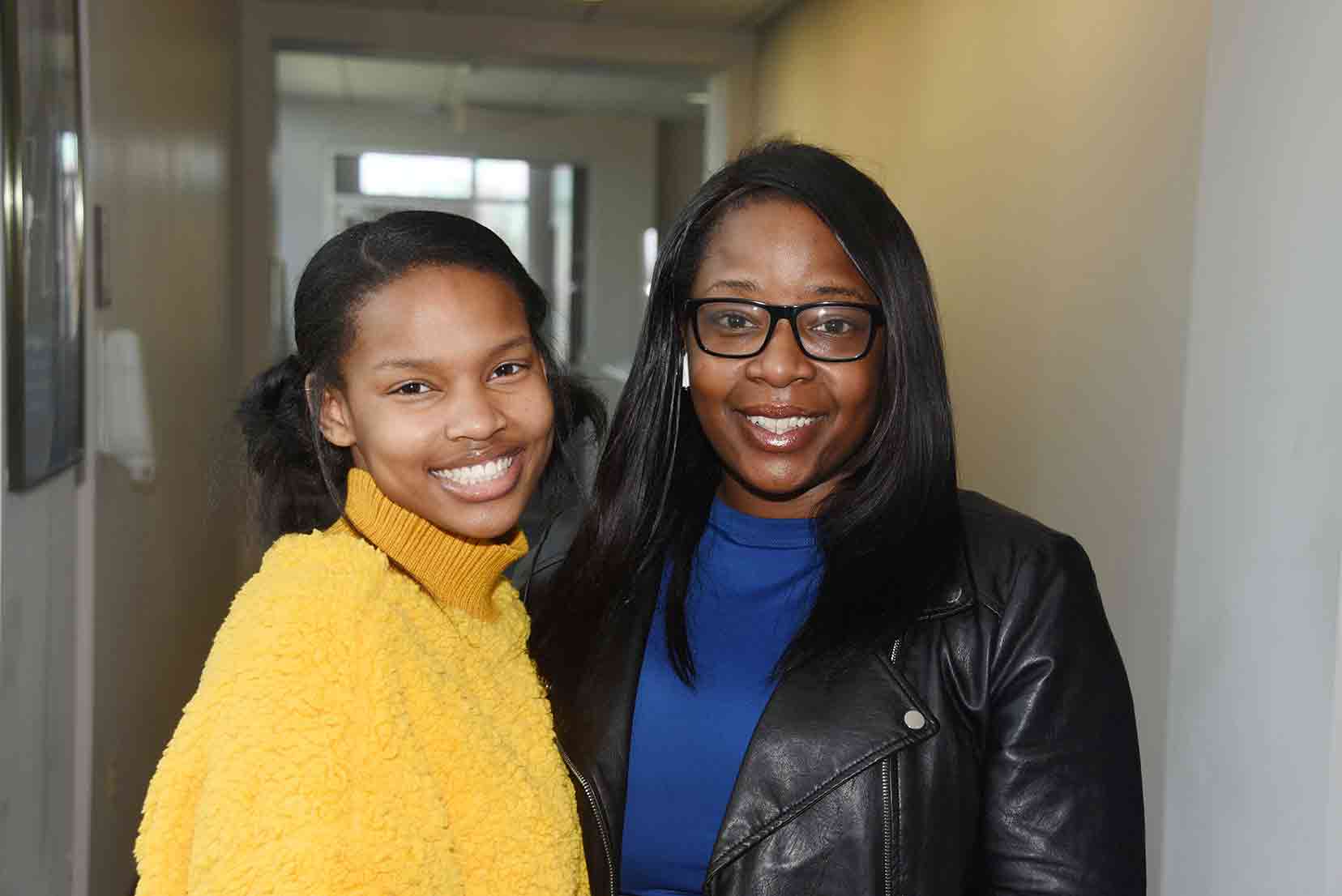Three Delaware State University students are making a difference by taking part in a national competition, the Hope for Sickle Cell Disease Challenge, that raises awareness about Sickle Cell Disease (SCD).
Two graduate students, Lindsey Hyppolite and Joshua Patterson, and an undergraduate freshman, Nia Allen, are competing in the challenge. Conducted by the National Heart Lung and Blood Institute of the National Institute of Health, the competition aims to bring greater awareness to SCD as well as address the associated myths and stigmas surrounding the disease. The Delaware State team’s project is entitled “Sickle Cell Disease Redefined.” The project uses a variety of channels to educate people in an effort to help them find out if they have the Sickle Cell trait.
Hyppolite, a Chemistry Ph.D. candidate, said the team has created a mobile app that focuses on the disease.
“Our goal is to raise the awareness, erase the stigma, teach others how to know their status so that they can have effective family planning,” Hyppolite said. “We are doing a community outreach, in which we talk about symptoms of the disease, share information about community support groups, and also share, testimonials from others with the disease.”
She added that of all the ethnic groups, African Americans have the highest occurrence of SCD with 289 out of every 100,000 having the disease.
“Erasing the stigma means to educate the community and get them to learn if they carry the trait,” Hyppolite said. “Some people carry the trait and they don’t know it.”
SCD is a group of inherited red blood cell disorders. Healthy red blood cells are round and they move through small blood vessels to carry oxygen to all parts of the body. In Sickle Cell Disease, the red blood cells become hard and sticky and have a C-shape.
Sickle Cells can die early, causing a constant shortage of red blood cells. When Sickle Cells travel through the small blood vessels, they can get stuck and block the blood flow. This causes severe pain and other serious problems such as infection, acute chest syndrome and stroke.
To help raise awareness, the Del State team held a virtual event via Zoom called Love Redefined.
“Getting people to know if they are carrying the trait is important for generations to come,” Hyppolite said. “We are advocating that people get themselves checked out. If two people who are a couple have the trait and try to start a family, they could pass it on to their children.”





